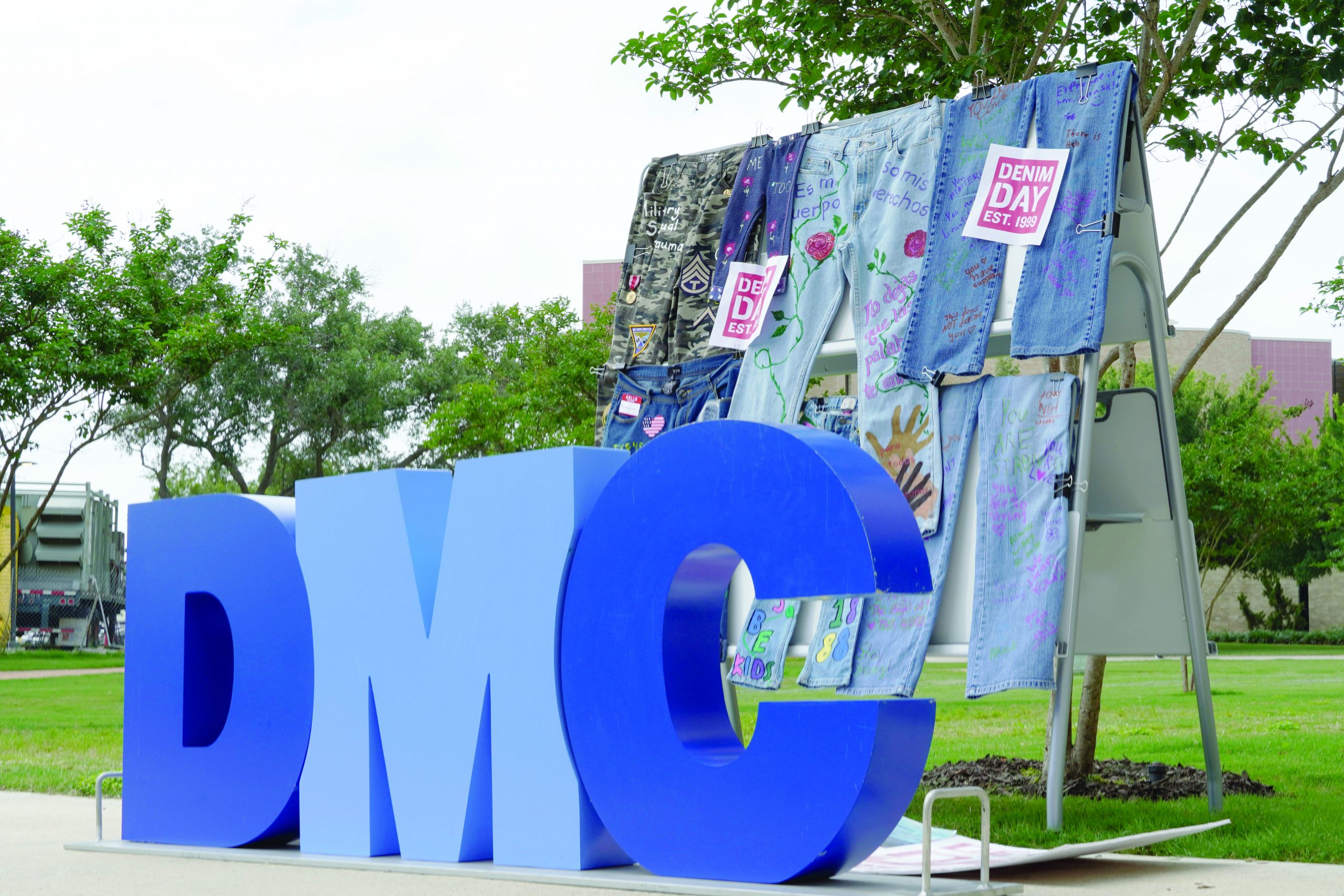There are more than 300,000 applications currently available for the iPhone platform alone and with all these options, one might expect that at least some of these apps would perform tasks that would allow people to utilize their abilities for an intellectual advantage.
Whether a user has an iPhone, Blackberry or an Android, it is clear that these gadgets have made their way into the lives of millions of people. Finding ways to make people’s lives and daily tasks easier is, after all, one of the reasons these devices were created and there are hundreds of applications specifically geared toward school.
Beth Dushman, DMC Professor of Science, said she has come across a few apps that have interested her own students.
“An app known as ‘Flashcard’ that allows students to create flashcards for studying is one of the most useful ones,” Dushman said. “It’s very convenient for staying on top of your teacher’s lessons.” This can have so many potential uses for those who are constantly on the move.
Whether taking notes, studying for tests or just finding the quickest way to get something to eat, college students are always trying to get things done. However, students who find themselves in these situations need not worry because there are applications out there that can assist with that.
Even the most directionally-challenged drivers who find themselves in unfamiliar territory can retrieve turn-by-turn directions to their destination through voice navigation.
“I’m the worst when it comes to finding places,” freshman Seth Wesson said. “A GPS is exactly what I need.”
On most devices, users simply need to type in the address or general idea of what they want (for example, “fast food”) and the GPS app will display the fastest route and provide directions. Some GPS apps have the ability to use traffic reports to find faster routes.
Another use for these high-end phones involves interactive QR codes that can be scanned using a phone’s QR scanner, opening many options. For example, on many Internet sites, QR codes are displayed and tell you to “scan using your phone’s QR reader.”
Veronica Pantoja, DMC professor of English, said she likes the EBSCO host app that helps students locate sources for papers. “It allows students the opportunity to gain the same access to the database as they would on a desktop,” she said.
Even students who have been in college several years sometimes have a hard time mastering note-taking skills, but smart phone apps like “inClass,” may eliminate that problem.
Deemed “the last school app you’ll ever need,” inClass takes the most sought-after functions students need for schoolwork and combines them into a single app that is seamless.
Students can set reminders for assignment due dates in a handy calendar, schedule meetings for group projects and the app even allows students to record lectures from professors.
This app would be particularly useful for students who take full-time classes and have a lot “on their plate” already. The Dictionary and Thesaurus apps are other well-received tools. The main idea is that the app takes some of the stress out of busy students’ schedules.
Sophomore Christian Holmes said, “My iPhone keeps me in sync with my school life and helps me remember when things are due.”
Smart phones have also become a useful tool for teachers as well.
“The things we have access to now in such a small device can make or break us, but I think most of us are using it wisely,” said DMC Government Professor Judith Broll.
Saturday, July 27, 2024
A DEL MAR COLLEGE STUDENT PUBLICATION





